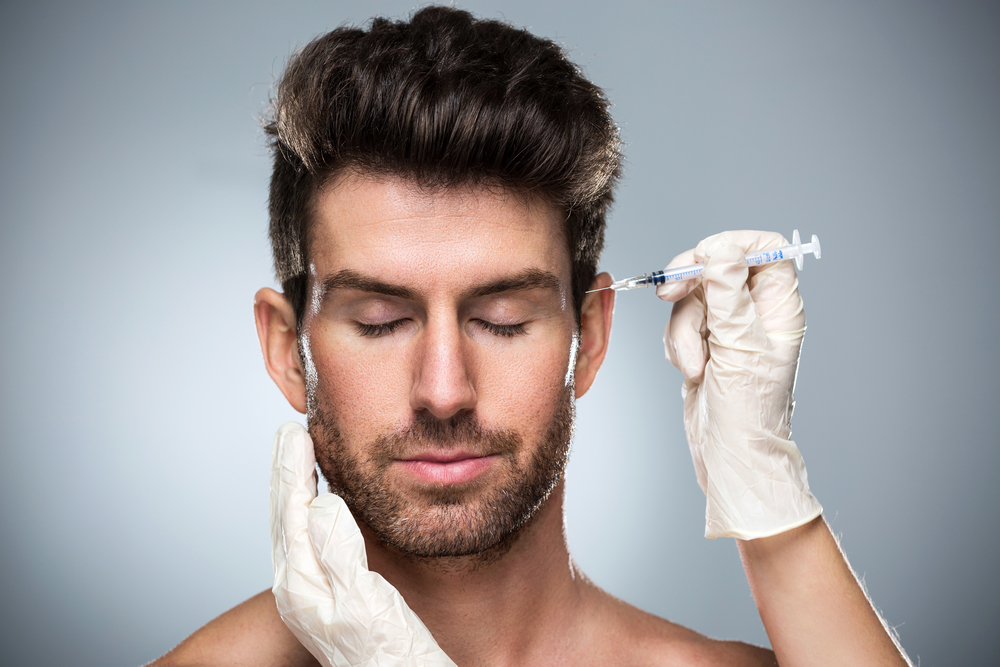Here Is What You Need To Know About Botox
Here’s what you need to know about Botox
Botulinum Toxin or Botox is a neurotoxic protein produced by Clostridium botulinum bacteria. Botox is medically used to treat several muscular conditions. The bacteria are found in the intestinal tracts of mammals, and in the organs of shellfish and crabs. The neurotoxin produced by these bacteria target the nervous system. It disrupts the signaling process, thereby not allowing neurons to communicate effectively. It is also used for cosmetic reasons, like removing wrinkles, by paralyzing muscles temporarily. While Botox is a potent poison, it has a number of applications when used correctly.
Mentioned below are some facts about Botox that one should know:

- Botox is used in more than 5 million non-surgical treatments each year across our country.
- Some people also use Botox to treat excessive sweating, migraines, muscular disorders, and some bowel and bladder disorders.
- An overdose of Botox is called Botulism and can cause respiratory failures that can be fatal.
- An average Botox treatment costs anywhere between $350-$500 depending on the type of procedure and the cosmetician.
Functioning of Botox
Botulinum toxin can be injected in humans in extremely small concentrations. It prevents signals originating from the nerve cells from traveling to the muscles, eventually paralyzing them. Nerve cells release a chemical messenger called acetylcholine, which contracts the muscles.
The injected Botox prevents the release of this chemical messenger, preventing an abnormal muscle contraction, thus allowing them to become less stiff.
Uses of Botox
The neurotoxin is approved for the following therapeutic applications:
- It is used to treat blepharospasm or spasms of the eyelids.
- Botox is also for treating severe neck and shoulder muscle spasms which is medically known as idiopathic rotational cervical dystonia.
- Botox is also used to cure chronic migraines.
- Studies have also shown that it can also treat detrusor overactivity, also known as urinary inconsistency or an overactive bladder.
Procedure for using Botox
The botulinum toxin is diluted in saline and administered by injecting it directly into the neuromuscular tissue. The toxins show effect roughly 24-72 hours after being injected. In rare cases, it can take up to 5 days to notice its results.
Side effects of using Botox
The toxin should not be used in lactating or pregnant women as it can have serious side effects. Some of the other side effects are mentioned below:
- The common side effects of using Botox include dry mouth, fatigue, neck weakness, malaise (feeling unwell generally), and blurred vision.
- Using Botox can cause edema or mild pain. This is caused due to fluid buildup after injecting Botox.
- It can also cause erythema, which is reddening of skin at the injection site. This can lead to some serious skin diseases.
- A person administered with Botox can also experience mild nausea that can lead to temporary weakness and paralysis of nearby muscles.
- It also causes trouble while swallowing. This condition is called dysphagia.
- Botox usage also results in brachial plexopathy which is a condition that affects the nerves around the neck and chest.

